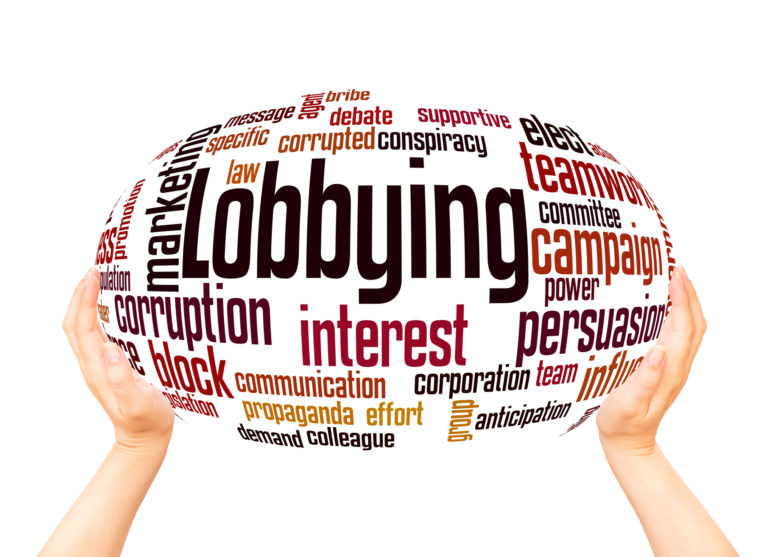
Legislation to require more public transparency about lobbying that goes on during legislative sessions passed its second committee yesterday, House Judiciary. HB 131 would require lobbyists to report to the Secretary of State all the bills they lobbied on, and their position on the bills if they took one, within 14 days of the end of the session.
It’s “a transparency bill, obviously. We think it’s short, sweet and to the point,” said Rep. Dayan Hochman-Vigil, an Albuquerque Democrat.
Her co-sponsor, Sen. Jeff Steinborn, D-Las Cruces, said the bill would bring “all those players out into the sunlight and have all that be disclosed to the citizens of the state.”
A concern first raised last week during its first committee hearing continued to be a focus yesterday. Namely, that lobbyists sometimes make “stray” remarks to a lawmaker about a bill, but don’t otherwise work on it. Such conversations may be missed by the lobbyist when they make their reports, leading them to get “hammered” by the Secretary of State, said Rep. Greg Nibert, Republican of Roswell.
“We have friends who are lobbyists up here, and they may say something that affects their community, even though their job and their focus is on an industry or particular group,” said Nibert. “They’re still members of the community and when they see something that may affect their community they may say something to us.”
Steinborn and Hochman-Vigil had a ready answer, pointing to state statute defining a lobbyist as someone who is either paid for the specific purpose of lobbying, or is designated by a group or organization to lobby on its behalf on a regular or substantial basis.
Both said they expect the reporting rules stemming from the legislation to only require disclosure on bills the lobbyist is paid to work on.
“So the small comment when you’re taking out the trash, and you happen to be a lobbyist and your neighbor is a lawmaker, is not going to make the cut,” Hochman-Vigil said.
Nibert also said he thought the 14-day window for filing the report was too narrow, because lobbyists are — like lawmakers — exhausted at the end of a session. But Steinborn said the window is important so that “the full set of facts are known” by the public before the governor’s deadline to sign legislation, which is 20 days after the session ends.
Next up for the measure is debate by the full House.